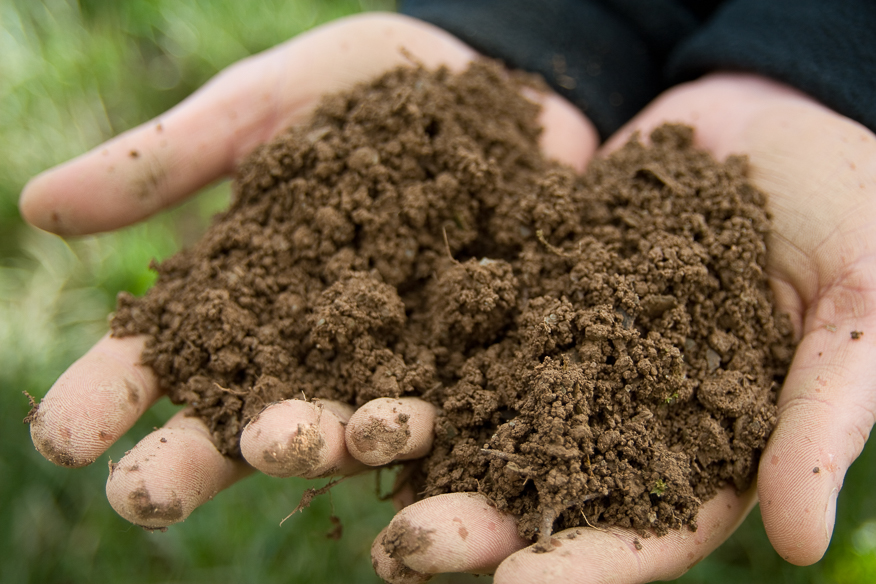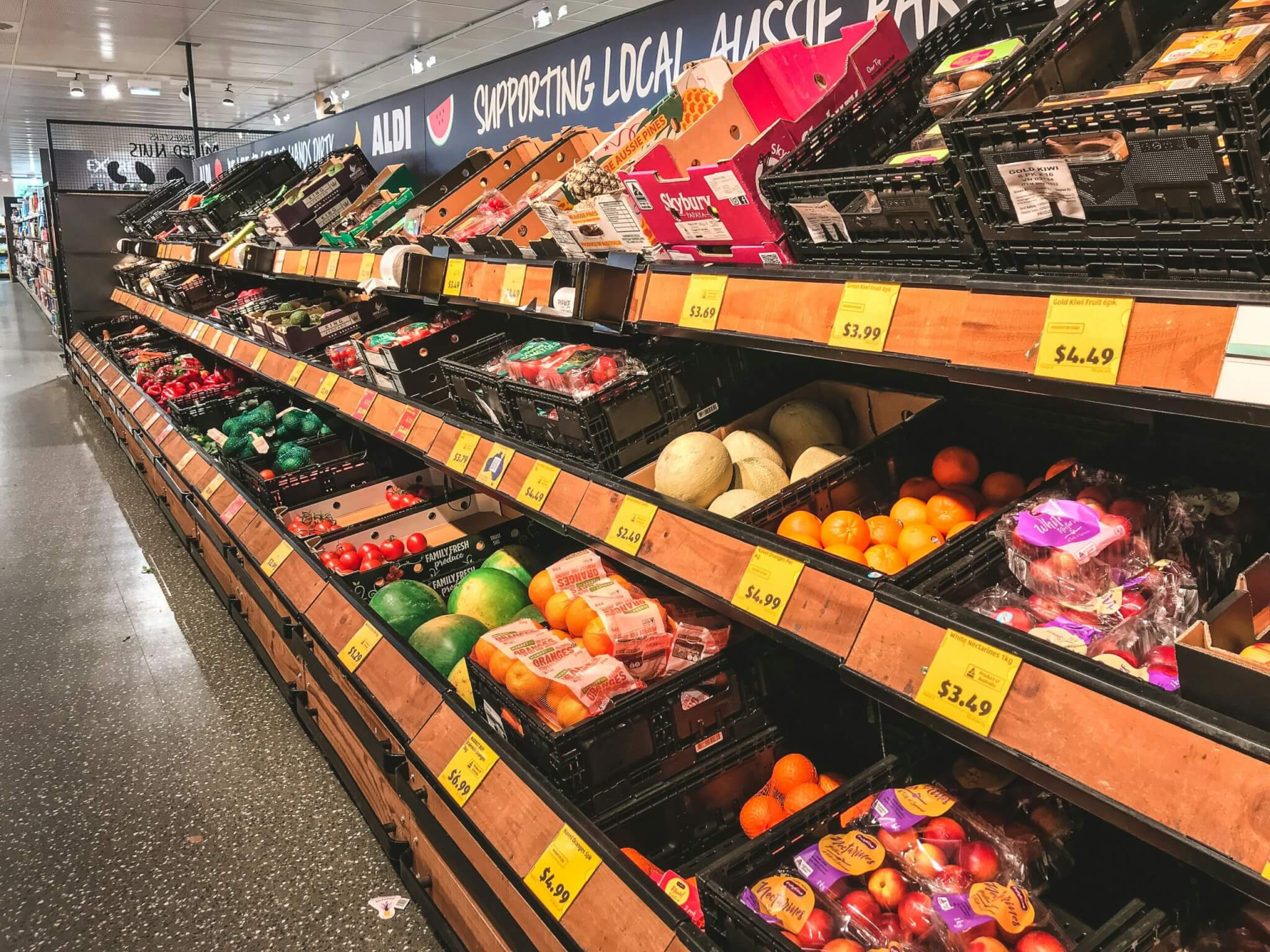I’m not at all tired of experts. They help us understand all sorts of things we do not have the time or inclination to take on ourselves. It seems incredible that this is even something that is up for discussion, and more depressing still to think that the person we identify the phrase with a few weeks ago was campaigning to become Prime Minister of this country.
However, let’s set Michael Gove’s comments back in 2016 aside, because the department he is now leading is undertaking some very important work in the area of agricultural reform, with potentially significant environmental payoffs. That it was time to change course can be read in the most recent Natural Capital Committee (NCC) update to the government – which puts it bluntly: “Business as usual is going to lead to failure.” They were referring to progress on the government’s 25-year Environment Plan.
The NCC is a group of experts, tasked with advising government on safeguarding forests, rivers, minerals and oceans. One of their recommendations is that public funding for farming should focus on the delivery of environmental public goods. The good news is that Defra is in the process of devising a new agricultural policy on this basis. Managing lands, and the soil underneath them, will be a key component of good environmental stewardship in the future.
Soils have for a long time gone under the radar in policy debates, partly because it doesn’t have the ‘wow’ factor of marine mammals or coal-fired power stations. But it turns out soils are – both figuratively and literally – at the root of much potential environmental progress. At the global level, 19 per cent of the carbon in the earth’s biosphere is stored in plants, and 81 per cent in the soil, according to the FAO. So although trees and plants are important, the stuff under them is even more so.
Two recent reports highlight the size of the potential of soils in the UK. An NCC report on soil management points out that in addition to storing CO2, healthy soils retain water, prevent erosion and reduce the risk of flooding. They also provide habitats for biodiversity: apparently a quarter of the earth’s biodiversity including earthworms, fungi and bacteria resides in soil!
However, our soil is being degraded, with intensive farming practices partly to blame: estimates of the costs of soil degradation range from £0.9-1.4 billion annually just for England.
To improve soil quality, it would be helpful to be explicit about the value it represents and to link this value to payments. Indeed, Rewilding Britain released a report a few weeks ago recommending the incorporation of carbon sequestration into any payments made to farmers under the upcoming ‘public money for public goods’ programme, which is set to be rolled out after UK’s exit from the EU’s Common Agricultural Policy (CAP).
It is important to be clear that CO2 sequestration is not intended to replace food production. Instead it is intended for those areas where food productivity is low or where it can be combined with existing agricultural activity.
Organic farming practices of course already incorporate many of the elements which improve soil health (no fertilisers or chemical pesticides, winter crop cover, and crop rotation to name a few). Receiving compensation for this service would presumably be welcomed by Riverford’s suppliers, provided it’s calculated and distributed carefully. The CAP had many unintended consequences and any future policy must seek to avoid these.
Farming and the soil under our feet are important dimensions of a healthy local environment and should be thought of as a key piece in the puzzle for slowing global warming as well. Whales and albatrosses may catch our imagination, but soil is the boring undergrowth – the stuff we take for granted until it’s gone – and should get the attention it deserves. Maybe David Attenborough can make his next series about soil health. Brown Planet, anyone?












Brilliant idea, I wonder if he would, the soil is so overlooked, and misunderstood, anything that is looked on as unproductive is built on, even wetlands, causing loss of habitat for Otters, rare birds, plants such as wild orchids, bats, and etc and wild .
Opps I digress.
Yes please Sir David please make a series on soil.
Prior to the emergence of Sir David’s series, if you want to know more about soil health and management on a grander scale, I can highly recommend “Dirt: The Erosion of Civilizations”, “The Hidden Half of Nature”, and “Growing a Revolution” by David R. Montgomery (and Anne Biklé in the case of “The Hidden Half of Nature”). My niece and her neighbours involved in small scale sustainable farming have put many of the suggestions in “Growing a Revolution” to good use.
Thank you Yaqoob for suggesting these great reading resources
Everyone concerned about soil should read “”Meadowland” by John Lewis-Stempel. It is a beautifully written book about a year in the life of a meadow.
Thanks for your suggestion Val, that sounds like a really beautiful read